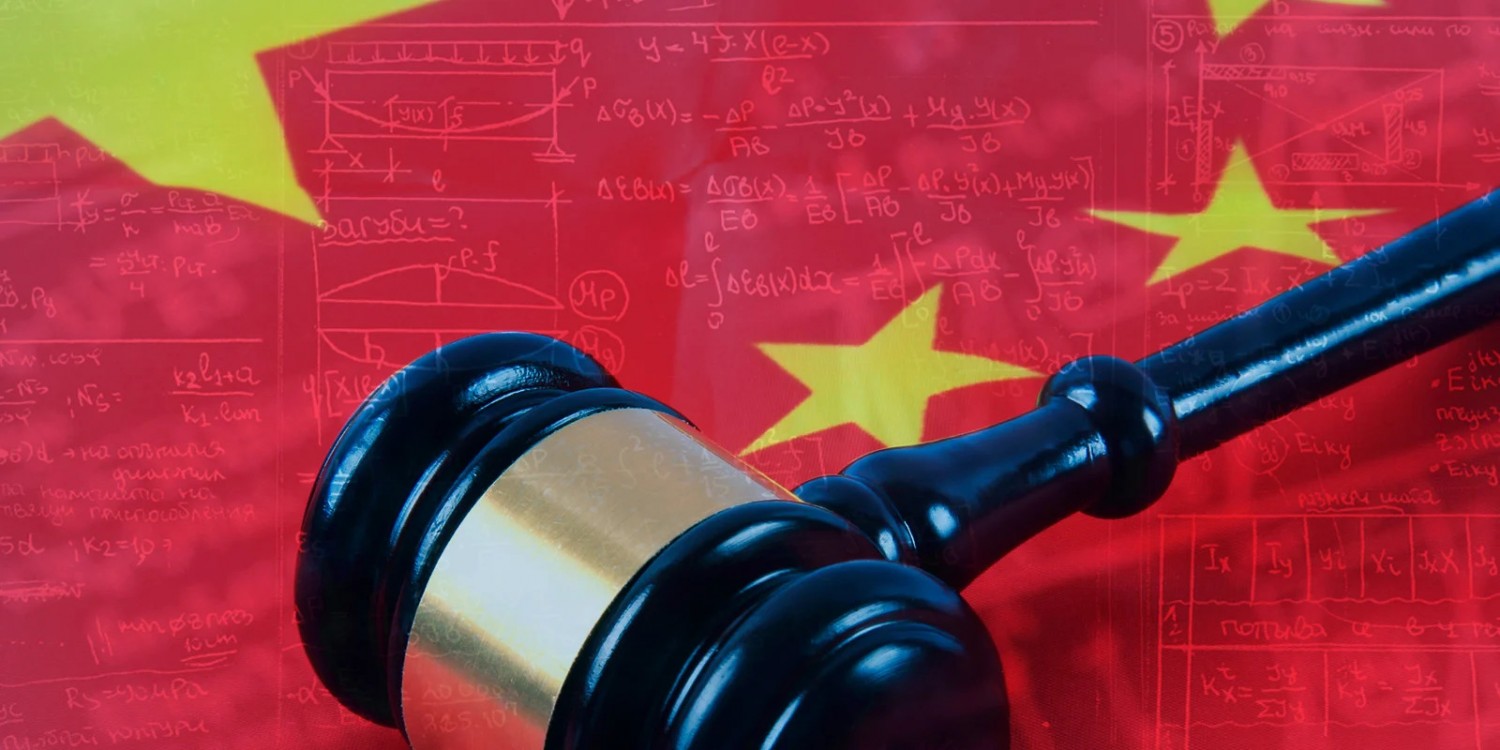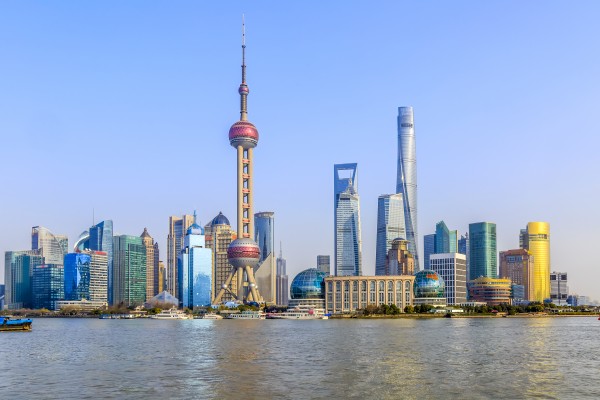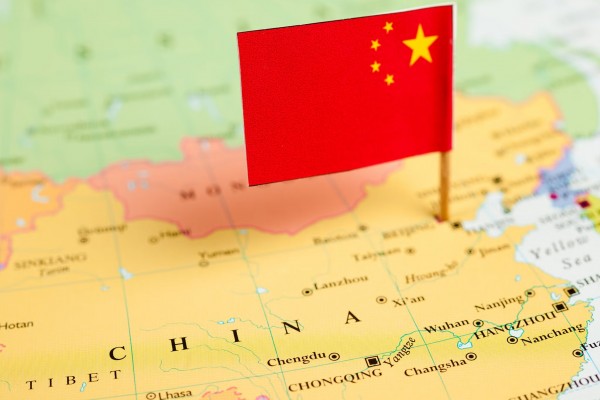Review № 2 of Chinese Antitrust News from the Experts of the BRICS Competition Centre
- Results of antitrust work for 2023 and goals for 2024
- Combining ex ante and ex post regulation in a platform economy
- SAMR has issued a Guide to Filing Petitions for Economic Concentration Transactions
- SAMR received an OECD delegation
- Alibaba Discloses State Ownership in More Than 12 Business Units
- Fierce competition in the automotive market
Results of antitrust work for 2023 and goals for 2024
On February 29, SAMR held an all-China antitrust work meeting, where it summarized the results of 2023 and set key tasks for 2024.
A total of 27 cases on anticompetitive agreements and abuse of dominant market position (with recoveries totaling $300 million), 39 cases on abuse of administrative powers to the detriment of competition, as well as 797 petitions on economic concentration transactions were considered in the last year
In 2024, the focus will be on improving competition policy, introducing innovative supervisory methods and increasing regulatory efficiency. The agency will also focus on combating market division and local protectionism, enforcement in socially important markets, antitrust compliance on internet platforms and promoting innovative development of the platform economy. As noted, it is necessary to support the equal participation of all market actors in market competition, strengthen the general public's understanding of fair competition in the market, and develop international exchanges and practical cooperation in the antitrust field
Earlier in February, a general meeting on price supervision and unfair competition control was also held. During the year, regulators inspected 79 thousand enterprises, imposed fines of $60 million, returned $30 million of unfair fees to enterprises and investigated more than 12 thousand cases of unfair competition (fines on the latter amounted to $30 million).
Combining ex ante and ex post regulation in a platform economy
During a Jan. 31 press conference, SAMR officials said they intend to combine ex ante compliance, in-the-moment investigations and ex post prosecution of liability in regulating the platform economy. "Competition policy is development policy," said Xu Lefu, Director General of the Antitrust Enforcement Department II of the SAMR. He said the goal of anti-monopoly regulation is to help enterprises become bigger and stronger while complying with all legal regulations, to support the healthy and sustainable development of the industry.
Among other things, Xu Lefu also disclosed that work is underway to develop standards for setting penalties for abusive economic concentration transactions and rules for reviewing M&A cases that do not fall under the criteria for filing a petition but are capable of eliminating or restricting market competition.
SAMR has issued a Guide to Filing Petitions for Economic Concentration Transactions
The Guide provides detailed answers to 23 questions related to filing and reviewing applications for economic concentration transactions. In particular, it contains explanations on what is economic concentration, what are the criteria for filing a petition, who is authorized to do so, what materials should be attached, how the review takes place, what risks and violations are associated with this process, etc.
The publication of the Guide follows the updating of the relevant legislation: on February 1, the updated criteria for filing applications came into force. However, companies often complain about the ambiguity and lack of transparency of the legal provisions, and the authorities try to issue clarifications wherever possible to guide companies in the right direction.
Source: Weixin
SAMR received an OECD delegation
At a meeting with Clare Lombardelli, OECD’s Chief Economist, Pu Chun, Vice Minister of the SAMR stressed that China adheres to the principles of openness to the global community and strives to create a favorable business environment based on compliance with laws and international integration. Claire Lombardelli, in turn, noted that China has made progress in implementing fair competition policies and that the OECD is ready to further strengthen cooperation with China and the agency itself to jointly promote global economic prosperity.
Source: SAMR
Alibaba Discloses State Ownership in More Than 12 Business Units
Alibaba Group Holding Ltd. disclosed a wider web of Chinese government stakes in its business units than previously known, following an inquiry from the US Securities and Exchange Commission. The business units cover direct sales, sports and health, logistics and customer services. Of these, Chinese state-owned enterprises hold partial stakes in 6 divisions that generate less than 6% of total revenue, with five of these divisions having less than 10% and only one having less than 30%. In addition, Alibaba reported small stakes in some units of sovereign wealth funds in Singapore, Malaysia, UAE and Qatar
Earlier this month, the Chinese Communist Party said it intends to play a greater role in managing the development of technology and science in the country.
Source: Bloomberg
Fierce competition in the automotive market
Three carmakers, including a General Motor’s (GM) venture, have priced their electric vehicles (EVs) below the 100,000 yuan (US$13,894) threshold in China. “Lower battery costs have enabled electric car makers to adopt pricing strategies that enable them to compete with petrol car manufacturers,” said a sales director with Shanghai-based dealer Wan Zhuo Auto.
“Since more Chinese motorists now prefer electric cars to conventional petrol-powered vehicles, BYD and its EV counterparts will gain the upper hand … with price cuts.”
In China, two out of every five new cars sold are now powered by batteries. “Most car assemblers are set to offer discounts and engage in price wars to retain market share,”said Cui Dongshu, general secretary of the China Passenger Car Association (CPCA).
Source: SCMP




